Downloaded from www.mymenopausecentre.com
Direct URL: https://www.mymenopausecentre.com/symptoms/breathing-difficulties/
Menopause and breathing difficulties
Shortness of breath can be a menopause symptom but it's important to talk to a doctor to make sure there's no underlying lung disease.
Explore
Book an appointment
The highly experienced doctors and nurses in our menopause clinic are here to help you. Appointments from £190.
Book An AppointmentIf you would like to learn more about the impact of your symptom(s) complete our free online menopause questionnaire here.
What are menopause-related breathing difficulties?
While it’s unusual for most of us, a small number of women do experience breathing difficulties during the menopause transition. It’s a symptom that can crop up in different forms.
Some women feel shorter of breath than they usually would, while others experience reduced exercise tolerance and fatigue. Some may not notice a difference at all until a healthcare professional checks their lung function.
The menopause transition can also impact pre-existing lung diseases, such as asthma or chronic obstructive airway disease, which may worsen.
What causes breathing difficulties in the menopause?
Doctors still don’t completely understand why breathing difficulties happen during the menopause. A drop in oestrogen can affect inflammation in the body, which could interfere with lung function.
Many women feel more anxious during the perimenopause and menopause. A physical symptom of anxiety is shortness of breath, so this could also be a factor. You can read more about anxiety during the menopause transition here.
How many women typically experience breathing difficulties?
There is a general lack of information about how many women are affected by breathing difficulties during their menopause transition.
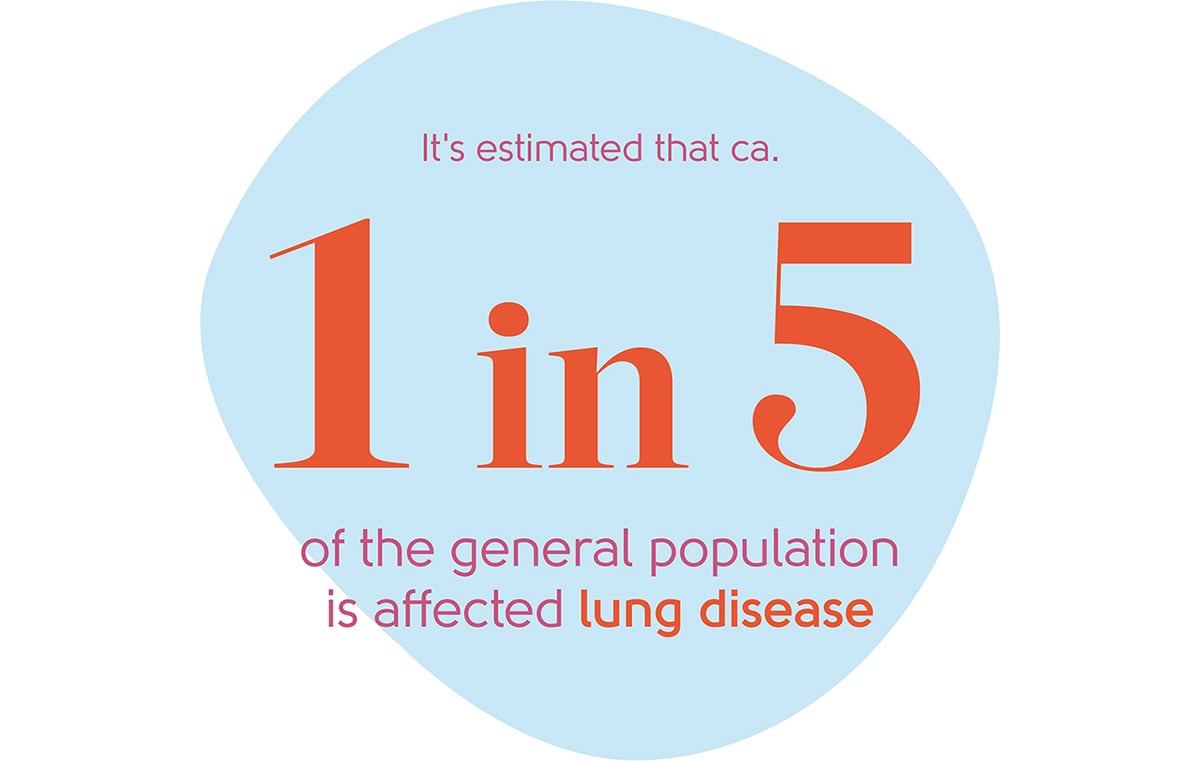
Are breathing difficulties linked to any particular stage of the menopause?
The truth is that there’s no clear answer to this question. If your breathing difficulties are the result of a drop in oestrogen, they could affect you at any stage of your menopause transition.
How can breathing difficulties be treated?
First, check with your doctor that your breathing issues are not due to any underlying lung disease.
It’s essential to get checked if you have warning signs like wheezing, coughing, coughing up blood, chest pains, dizziness, or palpitations, but really, any change to your breathing needs checking out before deciding whether or not it’s connected to the menopause.
Some things that you can do to help with breathing difficulties are:
Staying fit and active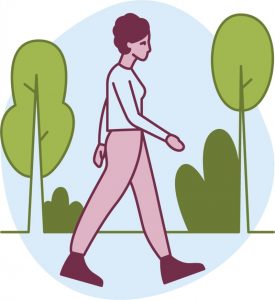
As with any aspect of the menopause, staying active and looking after yourself is vital. Our friends at Her Spirit have lots of help and advice available. They can help you find an activity for you and provide the support to do it.
Stop smoking
As well as reducing breathing difficulties, it will also reduce your risk of cancer. If you would like help to quit, the NHS is a great place to start.
Singing
Probably not the advice you were expecting, but the truth is that singing is a joyous activity and is a great way to improve your lung function.
Hormone Replacement Therapy (HRT)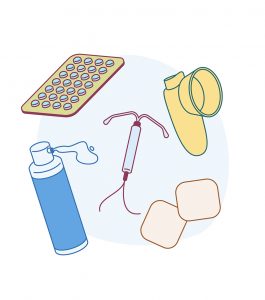
More studies are needed to find out if HRT can help reverse the changes to the lungs. HRT can be very effective at treating other symptoms of the menopause transition. You can learn more about HRT here.
What next?
If your breathing difficulties are acute and severe, please seek emergency care by calling 999.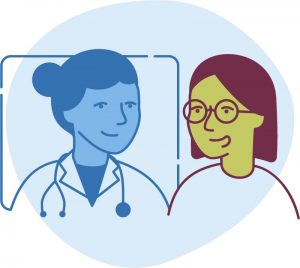
If you’re worried about breathing difficulties, you should see your GP. If all other causes of breathing difficulties have been excluded and you would like to discuss your symptoms in the context of the menopause, book an appointment with our menopause clinic.
If you think you may be experiencing symptoms of the menopause transition, you can learn more with our symptom checker or by taking our Menopause Questionnaire.
You can also find more information about the menopause transition at the British Menopause Society and the National Institute for Health and Care Excellence.
Authored by:
Dr Clare Spencer
Registered menopause specialist, GP and co-founder; see Dr Clare in person at The Spire Hospital, Leeds or online
Last updated:
07/04/2021
Book an appointment
The highly experienced doctors and nurses in our menopause clinic are here to help you. Appointments from £190.
Book An AppointmentLearn more
Join the pause. community
We’ve created pause. as a space for women to come together and share stories about their menopause experience, ask questions, and to find support and inspiration. We'll also share the latest news and updates on the menopause from our experts.
Want to be the first to hear our latest news? Join our pause. community today.
Share your email to receive the latest news, updates and information on new products and treatments from My Menopause Centre and our pause. community. You can unsubscribe at any time.
We're committed to protecting and respecting your privacy - see our Privacy Policy and Terms and Conditions

Book a consultation
Whether you want to discuss your symptoms, create a treatment plan that's right for you, understand some test results or have a check-up, the highly experienced doctors and nurses in our menopause clinic are here to help you.
Book nowReferences
Contact My Menopause Centre
- General enquiries: hello@mymenopausecentre.com
- Book appointments online: Log into your account and go to 'My appointments'
- Book appointments by phone: 0333 444 1067
- Website: https://www.mymenopausecentre.com


















